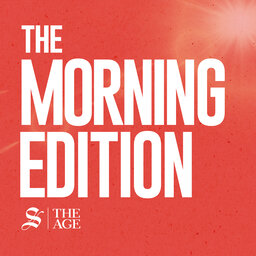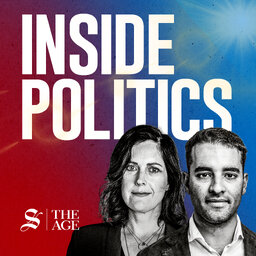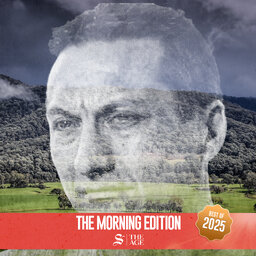Inside Politics: Why Peter Dutton is opposing foreign student caps
This week, the federal Opposition ruled out co-operating with the government on legislation to cap the number of international students coming to study at Australian universities.
Both Labor and the Coalition say that international student numbers need to come down, to ease pressure on housing and infrastructure. But Opposition Leader Peter Dutton said Labor’s bill was flawed because it favoured the big Group of eight universities at the expense of regional unis.
Dutton promised the Opposition will impose bigger cuts on international students than Labor, and he said that the best way to bring down migration numbers is to vote for the Coalition at the next election.
So what will the central issues of the next election be? When is it likely to be?
Joining Jacqueline Maley to discuss is political correspondent Paul Sakkal and federal politics reporter Natassia Crysanthos.
Cut through the noise of federal politics with news, views and expert analysis. Subscribers can sign up to our weekly Inside Politics newsletter.
 The Morning Edition
The Morning Edition



